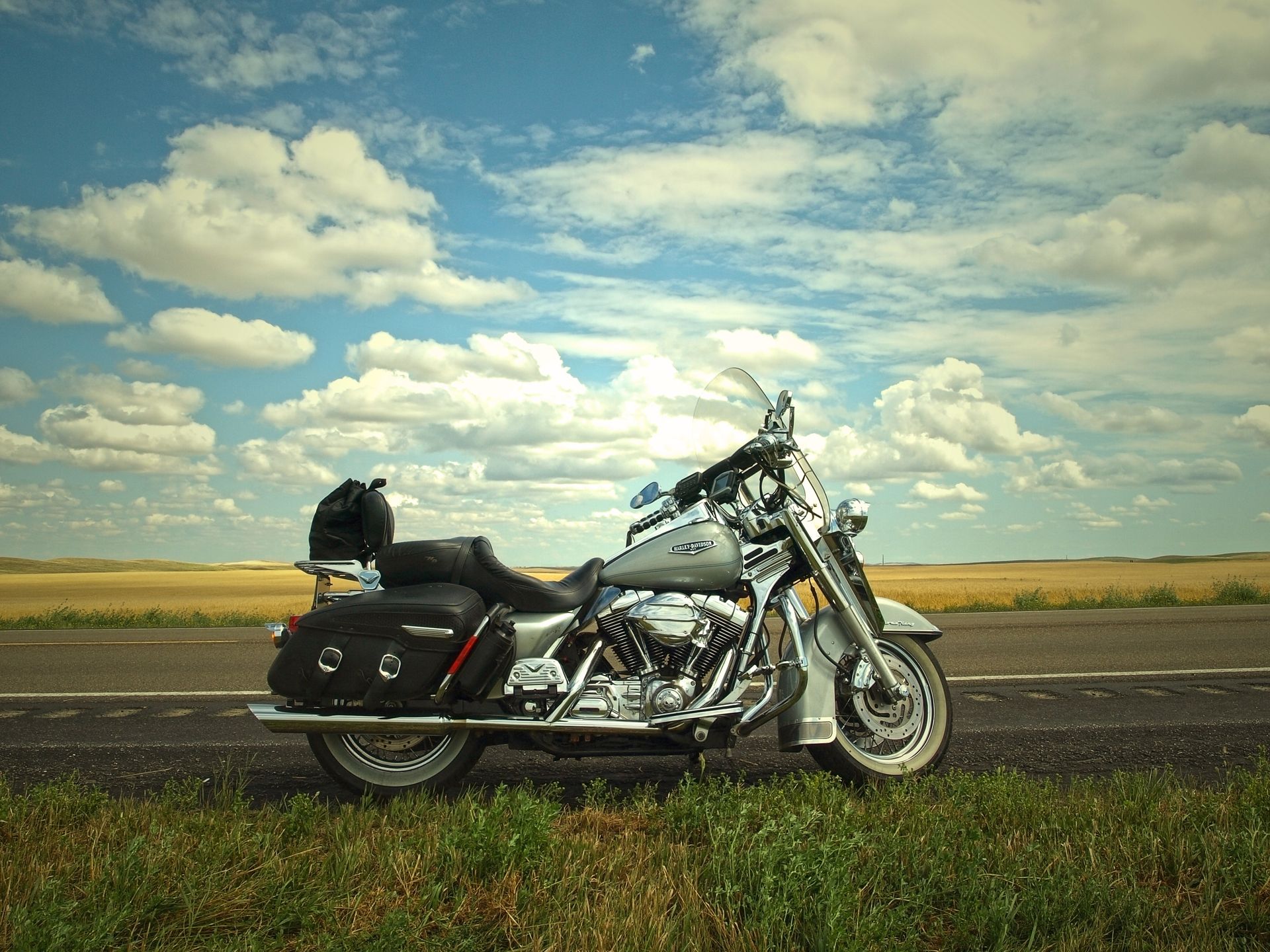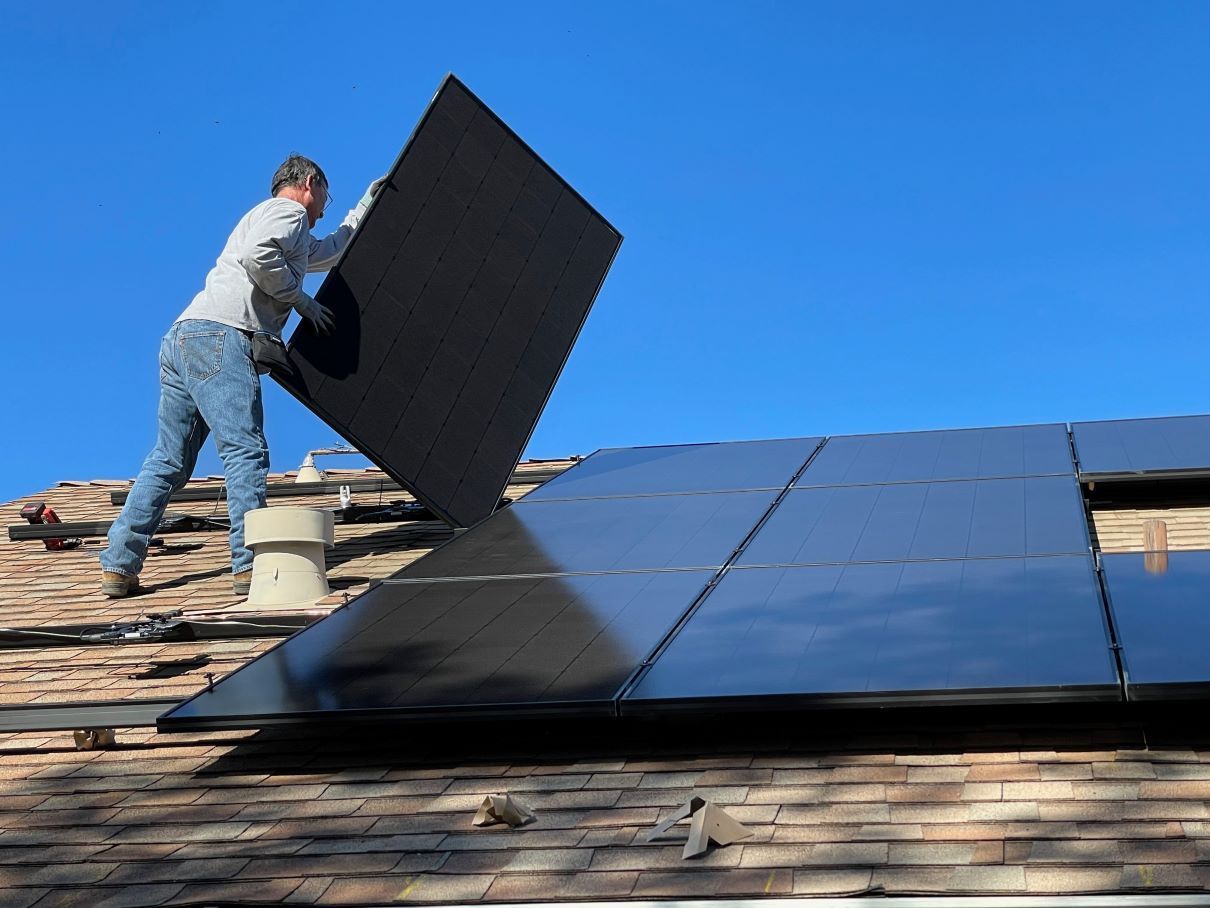Buying A Used Motorcycle
Used Motorcycle
Whether you’ve been riding all your life or are looking to purchase your first bike, buying a used motorcycle can be pretty challenging. What make do I want? What’s my budget? Where should I look? Even if you think you know what you’re looking for, finding a used bike that meets your criteria is no easy task, especially when there are so many different motorcycles out there!
If you’re looking to buy a used motorcycle, read on to help prepare for a better buy – your wallet and watch will thank you later!
Buying A Used Motorcycle
Decide what you’re using your bike for
What type of riding are you looking to do? Commuting, sports, touring or a combination? A 1000 CC sport bike may get you excited, but there is a good chance you’ll never need that kind of power while commuting to and from work. These are the main types of bikes you can choose from:
- Standard: Meant for doing a little bit of everything.
- Cruiser: Built for relaxed rides with easier clutch/throttle coordination.
- Dual-Sport: Optimized for riding on and off-road.
- Sport Bike: Made for speed and handling.
- Touring: Built for exploration and long rides on the highway.
Inspect the bike 
Don’t blindly trust the seller’s word as truth. If you’ve owned a motorcycle before, do an inspection on the bike. But if you’ve never done work on a motorcycle before, for buying a used motorcycle we suggest inviting someone you trust to check it out before you sign anything. These are the specific areas you should review:
- Drive chain and sprocket. The chain should have around 3/4″ of play and the teeth of the sprocket should not show obvious damage or wear.
- Tires. They should have good tread across the surface with no signs of uneven wear or damage.
- Brake and clutch levers. Familiarize yourself with how the controls feel.
- Fuel tank. Check for obvious signs of rush or corrosion using a flashlight. DO NOT USE A MATCH OR LIGHTER.
- Brake fluid level. This is usually on top of handlebars, in an enclosure with a clear window. Watch the fluid level rise and fall while releasing the front brakes.
Request a service history
The seller may not have that information, but request the history in case they do! This will help you understand what kind of service has been recently done on the bike. The tires may be new but the oil could be a few years old. Also ask for an owner’s manual and factory toolkit if available.
Prepare your documents for purchase
Remember that you can’t legally ride a motorcycle unless you have a bike license! Take a safety course if you’ve never owned a motorcycle and purchase a DOT-approved helmet before your first ride. Don’t know what kind of helmet to get? Read Protecting Your Noggin to help find a helmet that meets your needs.
Take a test drive
Pick a nice day with dry roads to test drive the bike. And don’t forget your bike license and helmet! If at a dealership, be prepared to sign an insurance waiver; if private, be ready to leave your license with the seller as security. Start slowly on the bike to get used to how it feels and responds. Remember to test the brakes–they shouldn’t ‘pulse,’ but rather engage smoothly and evenly. It’s also a good idea to accelerate through the gears. The transmission should feel firm and not slip out of gear under acceleration or feel chunky.
Be realistic about negotiations
Use retail pricing guides to help determine your purchase price and understand that the seller probably has a specific price they’re looking to reach. If you’re buying from a private seller, respect their ride and understand that they’ve probably taken pride in it over the years. But don’t be afraid to say “no” if negotiations aren’t going the way you want – you still have the final say.
Insure the bike with Foremost
This one is obvious, but if you do buy a bike, don’t ride naked! Be sure to protect your tail…pipe with reputable insurance from Foremost. We’ve been offering specialized insurance policies since 1952 and understand your lifestyle! We also have an award-winning team of claims professionals who are available 24/7 to help restore your life to order after a claim. Find a local agent near you to learn more!
The post Buying A Used Motorcycle appeared first on Select Source Insurance Group.





